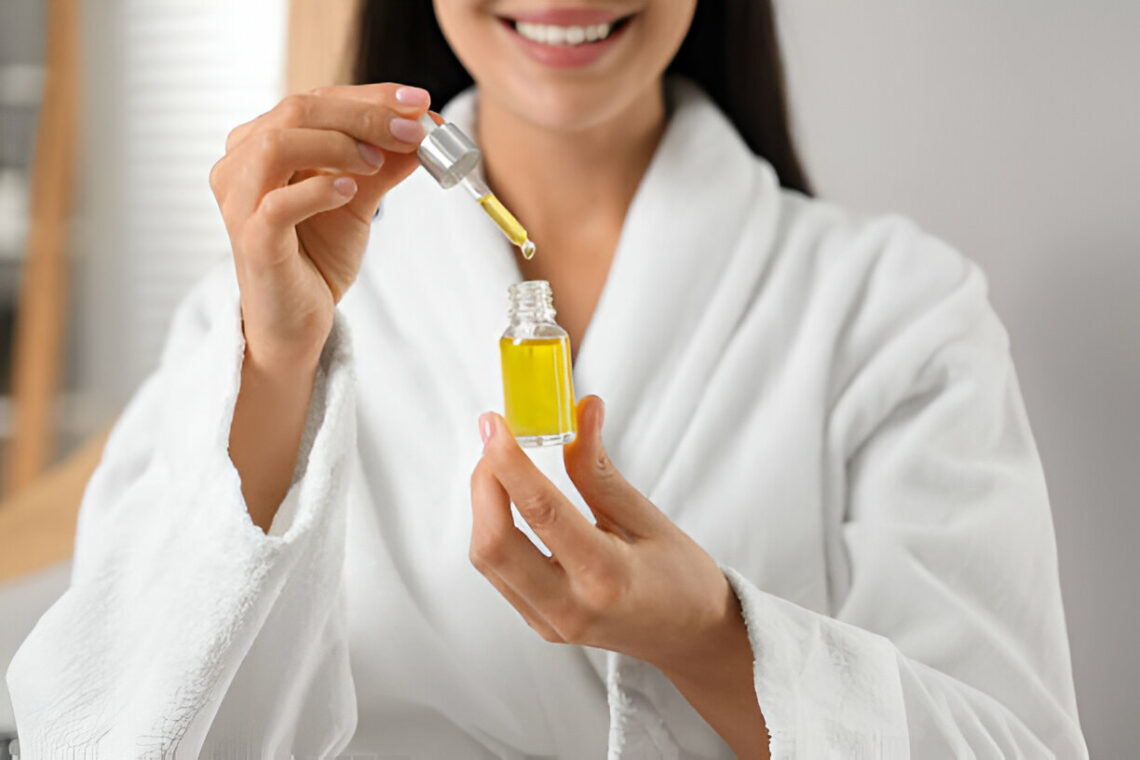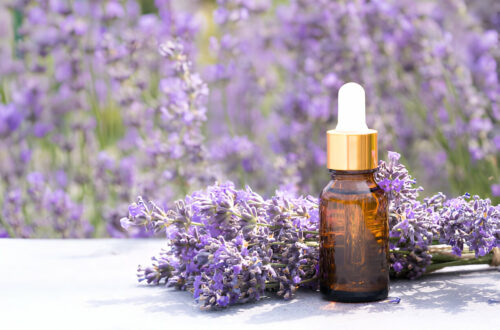Overview
Argan oil comes from the kernels of argan trees native to Morocco. It is often sold as pure oil, which can be applied directly to the skin or taken orally for health benefits. It is also available in supplement capsules. Additionally, argan oil is commonly added to cosmetic products such as shampoos, soaps, and conditioners.
Argan oil has traditionally been used on the skin and taken orally to improve the health of skin, hair, and nails. It contains various beneficial properties and vitamins that work together to enhance skin health, making it one of the best oils for skin.
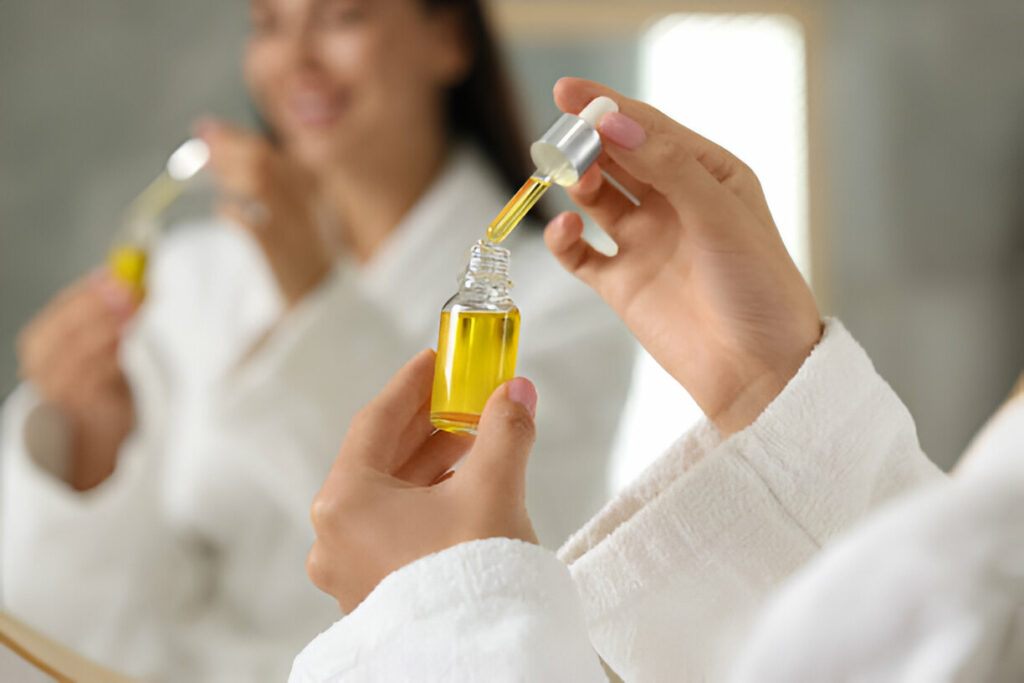
Benefits of Argan Oil for Skin
- Protects from Sun Damage
Moroccan women have traditionally used argan oil to protect their skin from sun damage, a practice supported by a 2013 study. Check National Library of Medicine for more details.
The study found that the antioxidants in argan oil help protect the skin from free radical damage caused by the sun. This can prevent sunburn and hyperpigmentation. In the long run, it might also help reduce the risk of skin cancer, including melanoma. For similar protective benefits, you might also consider using rosehip oil for face.
You can get these benefits by taking argan oil supplements orally or applying the oil directly to your skin.
- Moisturizes Skin
Argan oil is often used as a moisturizer, which is why it’s commonly found in lotions, soaps, and hair conditioners. You can apply it directly to your skin or take it as a daily supplement for moisturizing benefits. Its high vitamin E content, a fat-soluble antioxidant, helps improve water retention in the skin. For similar moisturizing effects, you might also use jojoba oil for face or coconut oil for skin care. - Treats Various Skin Conditions
Argan oil has many healing properties, including antioxidants and anti-inflammatory effects. These can help reduce symptoms of inflammatory skin conditions like psoriasis and rosacea.
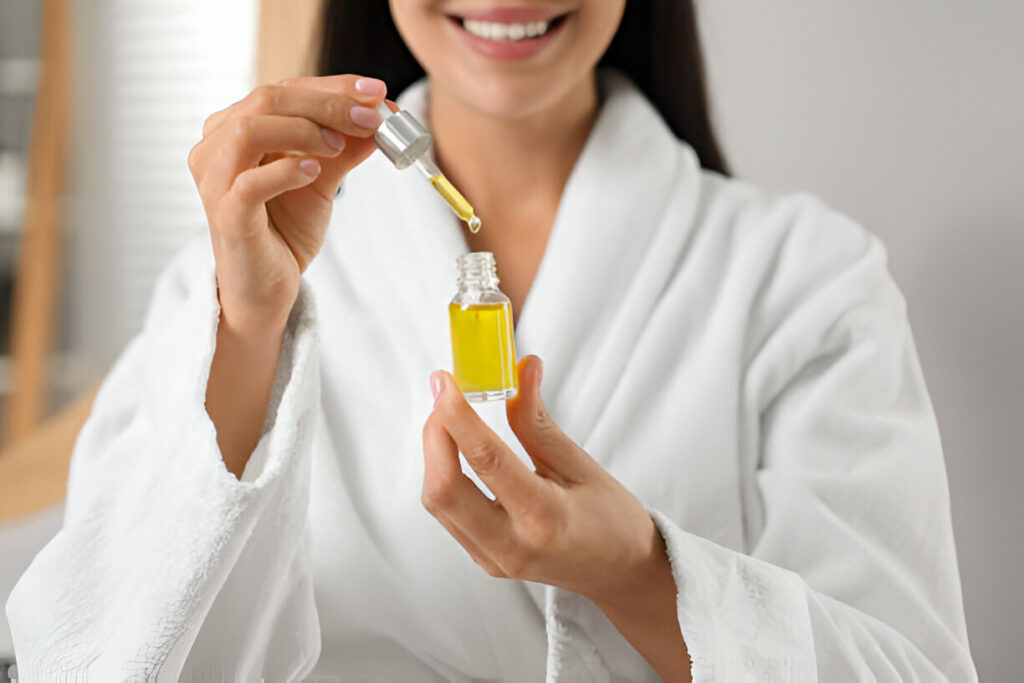
For the best results, apply pure argan oil directly to areas affected by psoriasis. For rosacea, taking oral supplements may be more effective.
- Treats Acne
Hormonal acne is often caused by excess oil (sebum) due to hormones. Argan oil helps control sebum production, which can reduce different types of acne and promote a smoother, calmer complexion. For similar benefits, you might also consider using castor oil for skin care.
Apply argan oil or face creams with argan oil directly to your skin at least twice a day. You should start to see results within four weeks.
- Heals Skin Infections
Argan oil has traditionally been used to treat skin infections. It has antibacterial and antifungal properties, which can help treat and prevent bacterial and fungal infections.
Apply argan oil to the affected area directly at least twice a day.
6. Improves Wound Healing
Antioxidants are very effective, and the combination of antioxidants and vitamin E in argan oil can help wounds and cuts heal faster. Taking argan oil supplements regularly can help improve healing throughout your body.
7.Soothes Atopic Dermatitis
Atopic dermatitis is a common skin condition that causes itchy, red skin. Research shows that applying argan oil to the affected area can help ease these symptoms. The vitamin E and natural anti-inflammatory properties in argan oil contribute to this soothing effect.
One study treated dermatitis patients with either a placebo or oral vitamin E, which is abundant in argan oil. The researchers found that those who took vitamin E experienced a significant reduction in symptoms.
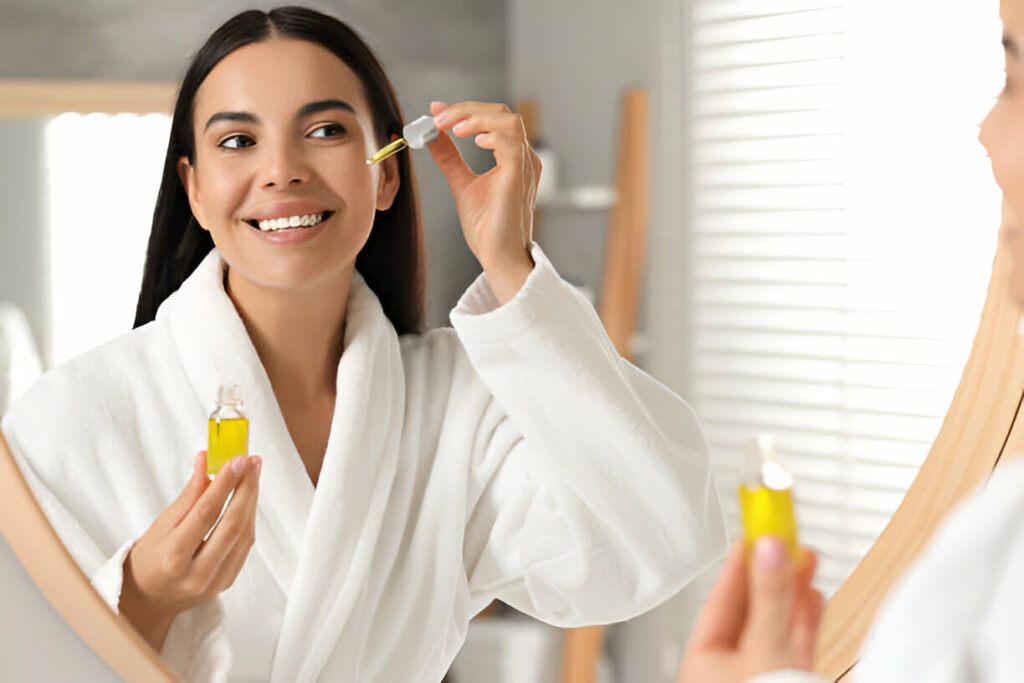
- Has Anti-Aging Effects
Argan oil has traditionally been used to fight aging. Although this was mostly based on personal experiences, a recent study with postmenopausal women confirmed this. Researchers found that using both oral and topical argan oil, as well as olive oil for skin care, significantly improved skin elasticity, making it an effective anti-aging treatment.
You can enjoy these benefits by applying argan oil directly to your skin, taking it as a daily supplement, or using both methods.
- Reduces Skin’s Oiliness
Some people have naturally oily skin and try to get rid of the excess shine. Argan oil can help reduce overall oiliness because it lowers sebum production.
One study found that applying a cream with argan oil twice a day reduced sebum and oiliness significantly within four weeks.
- Prevents and Reduces Stretch Marks
Stretch marks are common, especially during pregnancy, but anyone can get them. A 2016 study found that a cream with argan oil improved skin elasticity, helping to prevent and reduce stretch marks.
Apply argan oil directly to the affected area at least twice a day. For the best results, start using it as soon as you notice or expect stretch marks.
Side Effects and Risks
Argan oil is generally safe for most people. However, some individuals may experience minor side effects.
When applied to the skin, argan oil might cause irritation, rashes, or acne, especially in people with tree nut allergies. Even though argan oil comes from a stone fruit, it can still trigger allergies in some people. To avoid this, test the oil on a small, hidden patch of skin first to ensure it doesn’t cause irritation.
When taken orally, argan oil can cause digestive issues such as nausea, gas, or diarrhea. It may also lead to loss of appetite, bloating, or skin reactions like rashes or acne breakouts.
In very rare cases, argan oil supplements may cause severe side effects such as confusion, trouble sleeping, feeling unwell, excessive excitement, depression, or agitation. If you experience any of these symptoms, stop taking argan oil right away.
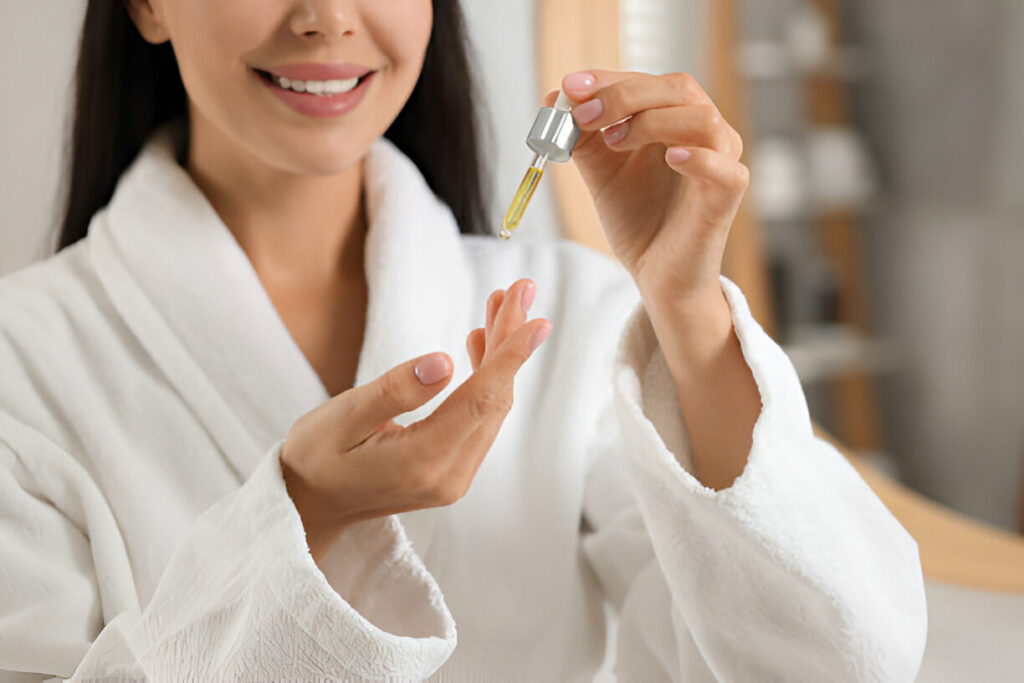
The Takeaway
Argan oil is safe for most people, whether used on the skin or taken orally. It offers strong skin benefits due to its healing properties and vitamins.
If you’ve used argan oil for several weeks without seeing any improvement, consider making an appointment with your healthcare professional. They may suggest other treatments or prescription medications to help with your condition.
